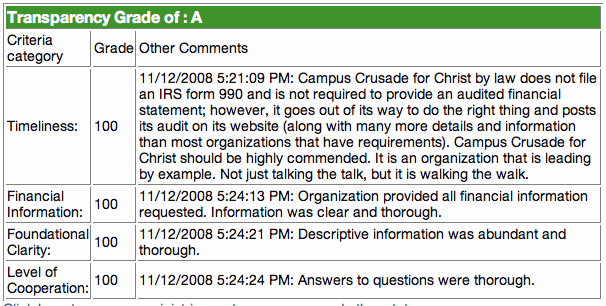Does God want us to be wealthy?
Does giving to God mean he will give back to me (monetarily)?
Is my faith (or lack thereof) tied to God’s blessings in my life?
Does not tithing mean God is unable to bless me?
These are weighty questions, and a blog is hardly the place to answer them thoroughly. Especially if I want people to actually read the post. So I’ll try to keep this brief.
I am not against wealthy people. I am not against wealthy pastors, even. The Levites (ministers in the Old Testament) were well paid, and got the finest things. They were, after all, paid with “first fruits” from everyone else.
What I am firmly against is the idea that if I give to God, he is obligated to give back to me; or the reverse of that—if I don’t give to God, He can’t or won’t give to me. I once heard a pastor say to his congregation “There is a 50% blessing window open over this church, because only 50% of the members tithe.” As though God is bound by our giving in how he blesses us. That sentiment totally and completely undermines the gospel. It could not be any more opposite to the gospel.
What the “prosperity gospel” teachers (such as Kenneth Copeland, Benny Hinn, T.D. Jakes, Joel Osteen, Joyce Meyer, Peter Popoff, Robert Tilton, Bruce Wilkinson, etc) are totally missing is that JESUS is the blessing of the gospel. Money, health, sucess, and all the other blessings of the Christian life all pale in comparison to Jesus. And I don’t get 80% of Jesus because only 80% of my church is tithing. I get all of him.
It is a thoroughly pagan idea that we need to give to God to make him give to us. It’s how all of the pagan deities were satisfied. You give them money, and they don’t punish you. It’s karma. Do good to get good. “Pay it Forward.”
Conversely, Jesus offers grace. That’s a word that has almost totally lost its meaning after years of being tossed around the sanctuary. It means unmerited, unearned blessings and gifts. Grace is the idea that you get something for nothing. In the context of God’s economy, grace means you get life when you deserve death, blessing when you deserve a curse, heaven when you deserve hell. The gospel turns karma on it’s head. You do nothing to get everything. Instead of “Pay it Forward,” Jesus Paid it All.
The gospel is not just how God operates to get you into the kingdom, though. It is his MO all the way through the Christian life. Because of Jesus, God can and does richly bless you in spite of what you do. There is nothing you can do to earn his blessing, affect his blessing, or revoke his blessing. That’s the beauty of grace. If you can’t earn it, you can’t un-earn it. Tithing doesn’t make God like you more, and not tithing doesnt make him like you (or bless you) less. To think or say that is a direct offense to God’s kindness in dying for you.
So today, on Christmas, let’s remember the ultimate gift of God. He is Jesus. He is still the highest blessing we could ever receive, and we receive Him by grace. We have more wealth in Christ than we could ever have from money.
To close, here’s my favorite song. A song that resonates so deeply in my heart. It helps me to realize that I do the exact same thing that I speak out against. Following the song is a video of Derek Webb describing the song’s meaning.

